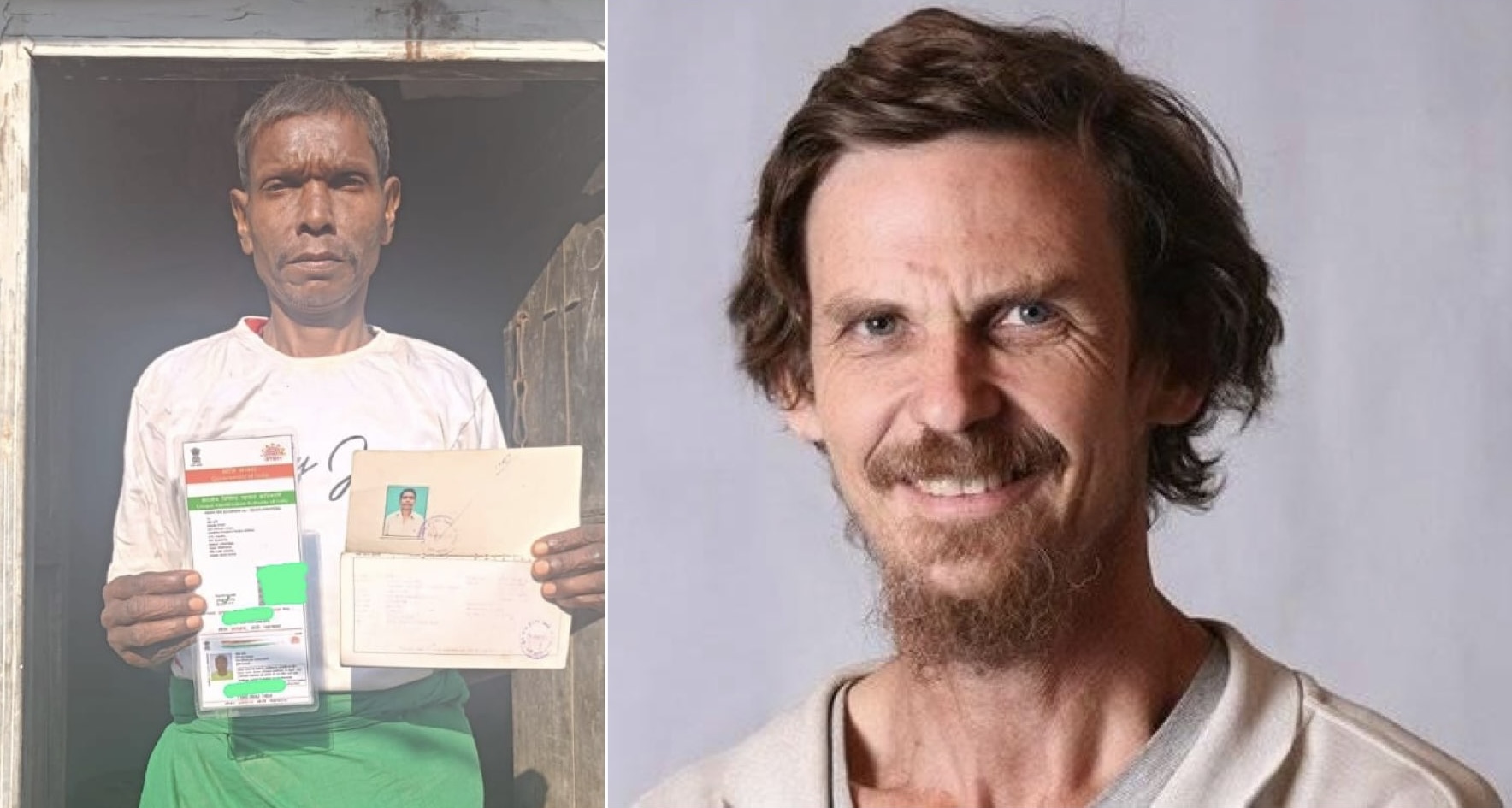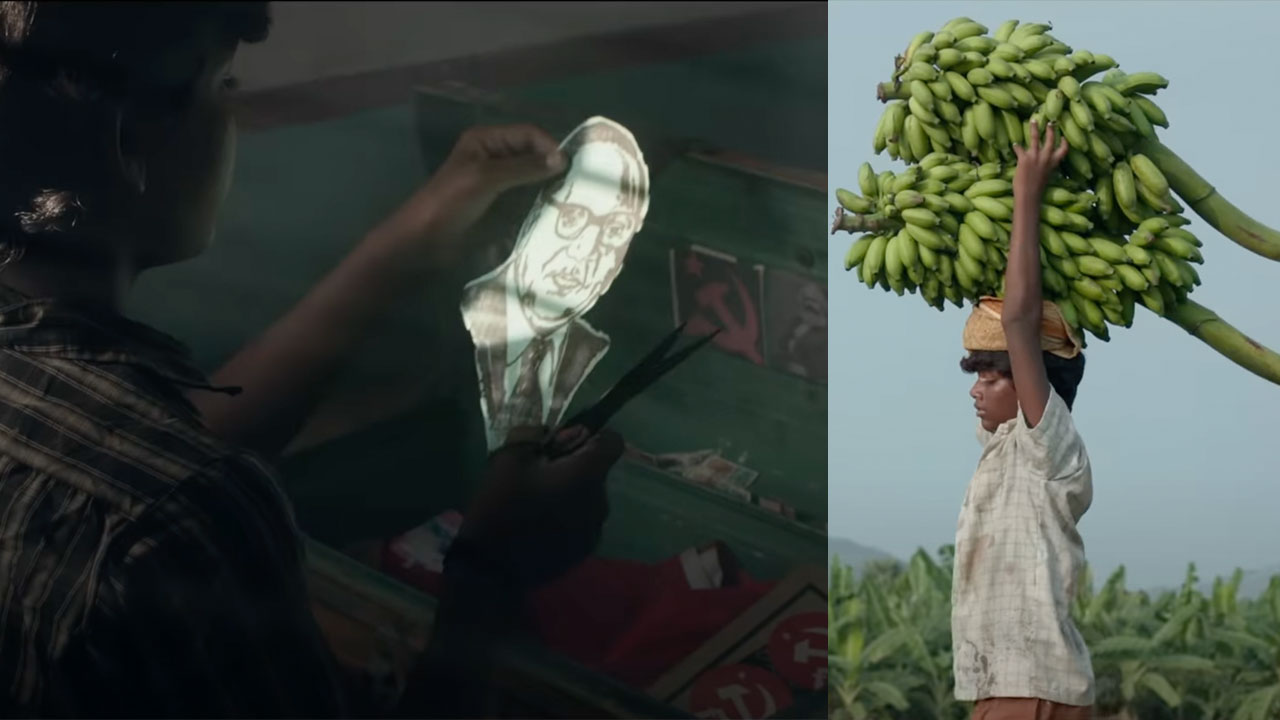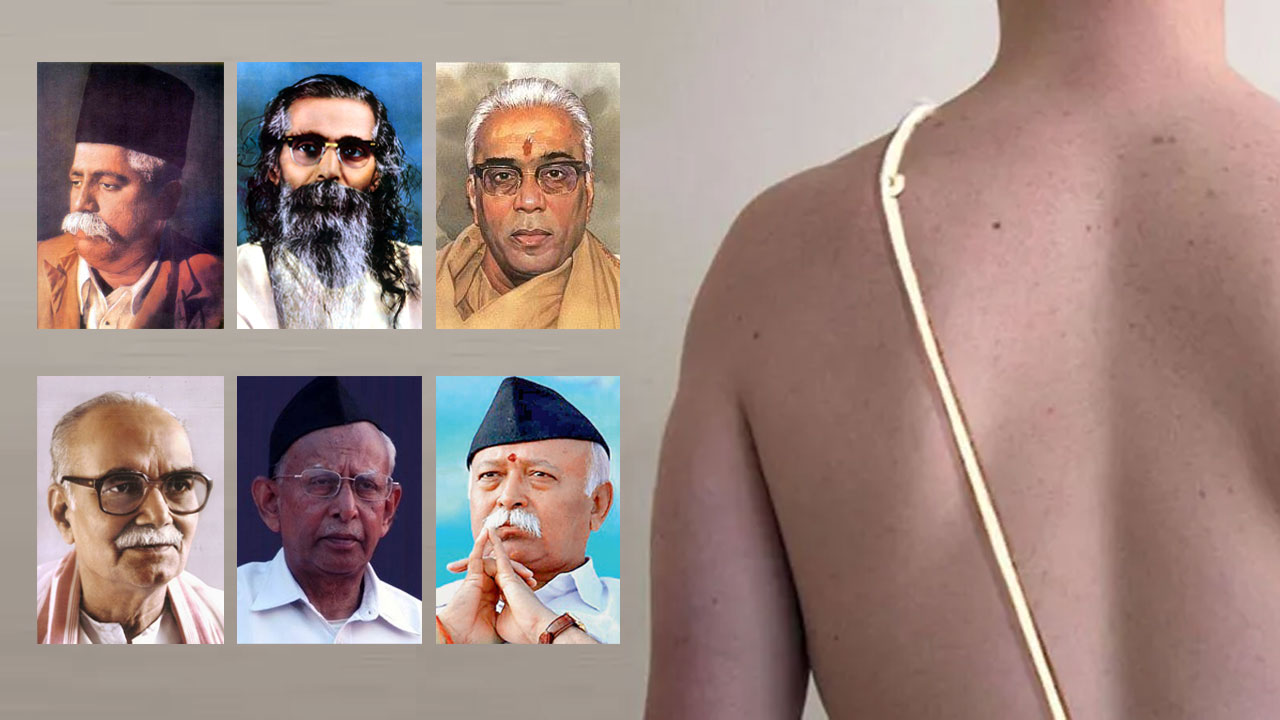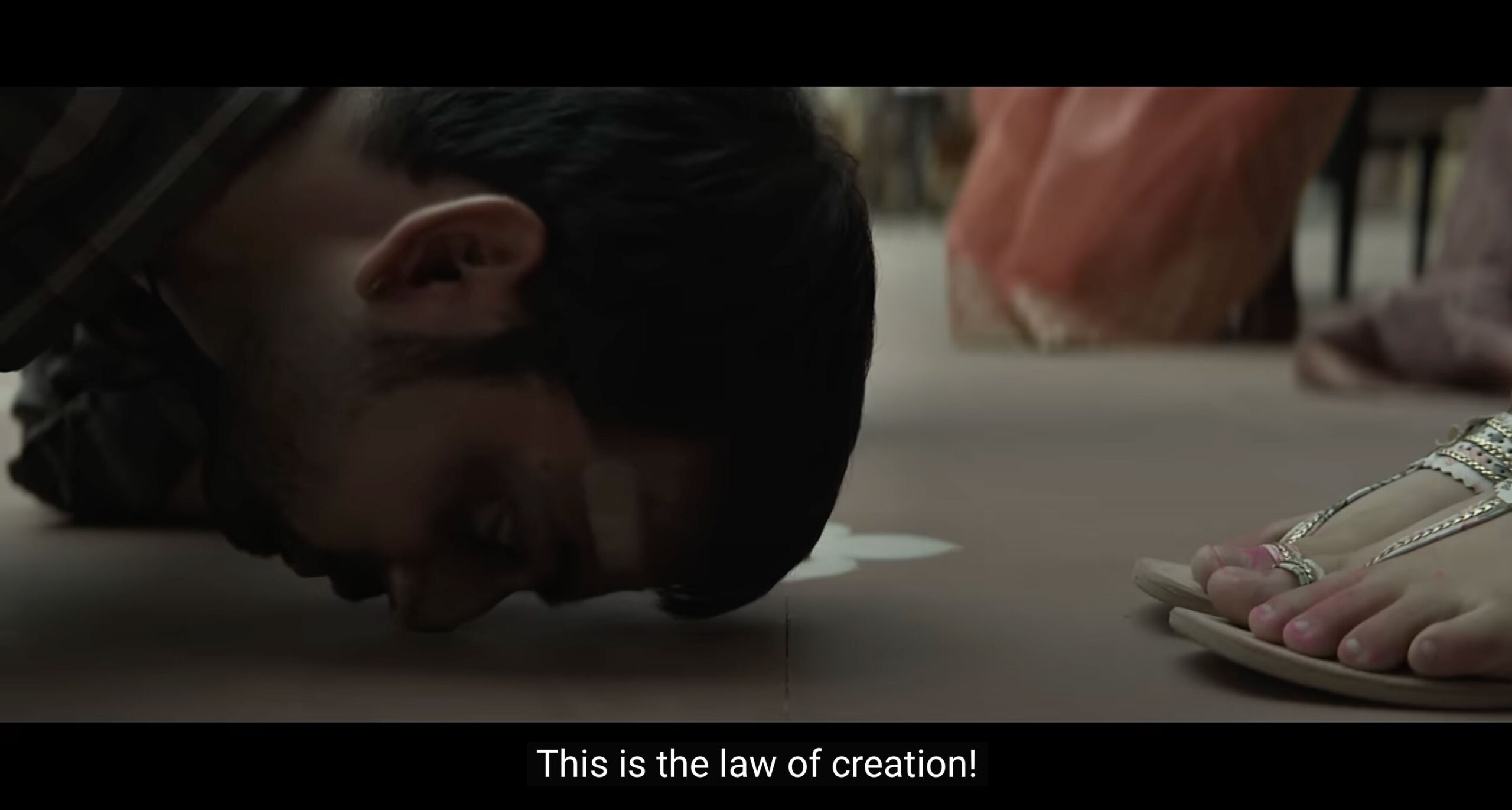In the course of my tenure as chairperson, National Commission for Backward Classes, Government of India (2013-2016) and subsequently as chairperson of the All India Backward Classes Federation, I have received hundreds of representations from leaders of Scheduled Castes (SC), Scheduled Tribes (ST) and Other Backward Classes (OBC) communities across the country pointing out the woeful lack of members of these communities among judges of High Courts and the Supreme Court and asking for reservations to be introduced in appointment as judges to the these courts.
They feel strongly that the lack of representation is not because there is less talent and ability in these communities than the dominant communities. They believe that the root cause is social discrimination against the unrepresented communities in the Bar. They see that young advocates from marginalized communities rarely get a placement in a high-profile chamber or firm. They see that offices of successful lawyers are often dominated by members of their own social communities who are mentored by their seniors to become successful lawyers. Many such lawyers then go on to become judges and the vicious cycle is perpetuated. Advocates from socially marginalized communities are not seen as having these opportunities for growth that are available to their counterparts from dominant communities.
They have also observed that there is sometimes a perception among the litigant public that their case will have a better chance of an early and patient hearing if their lawyer is a recognized counsel from the same social background as the majority of the judges in the relevant court.
The SC, ST and OBC communities feel that this lack of representation has serious consequences. Their voice remains unheard in the policies and jurisprudence of Constitutional Courts. They consider this lack of representation among judges of Constitutional Courts as one of the biggest failures of the working of our democratic Constitution. They feel that prevailing selection process for appointment of judges of the High Courts and the Supreme Court has been unable to end the discrimination and break the domination of a handful of social groups (in other words, a social oligarchy).
It may be noted that reservations in judicial appointments are presently applicable to the higher and lower District Judiciary. This has only strengthened the subordinate courts and increased the diversity and talent of the Bench.
There is currently no reservation in appointment of judges to the High Courts and the Supreme Court. Advocates from the Bar and district judges are elevated to the High Court without reservations. The chief justices/judges of the High Court and advocates of the Supreme Court are similarly elevated to the Supreme Court without reservations.
In light of this, there is a strong consensus that only reservations for SC, ST and OBC communities in the appointment of judges to the High Courts and Supreme Court can overcome this lack of representation of socially marginalized communities – arising from structural discrimination, bias and exclusion – at the Bar and on the Bench.
In order to assess the reality of representation in appointment of judges of Constitutional Courts, data has been collected on the social background of judges of the High Court of undivided Andhra Pradesh and the High Courts of Telangana and Andhra Pradesh after bifurcation as an illustrative case study. The results are summarized here.
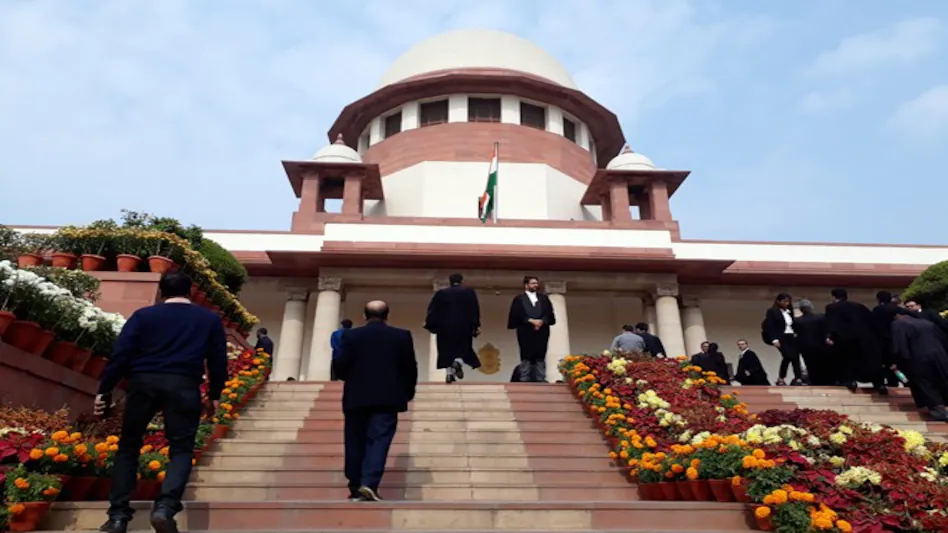
It should be clarified that in presenting this data there is no intention to suggest any correlation between social background of individual judges, their merit, performance or judicial views and decisions. The sole purpose is to examine whether the data justifies the need for reservations in the Constitutional Court to ensure adequate representation.
HIGH COURTS IN ANDHRA PRADESH AND TELANGANA
India attained independence on 15 August 1947, but Hyderabad State acceded to the Indian Union only on 17 September 1948. After the formation of the State of Andhra Pradesh on linguistic basis under the States Reorganization Act, 1956, the High Court of Hyderabad was renamed as the High Court of Andhra Pradesh, which began serving the united State of Andhra Pradesh from 5 November 1956 to 2014 with its principal seat in Hyderabad. During this period the number of judges rose from 12 in 1956 to 61 in 2014.
After bifurcation of the state of Andhra Pradesh under the Andhra Pradesh Reorganization Act, 2014, the High Court was then renamed as High Court of Judicature in Hyderabad for the State of Telangana and the State of Andhra Pradesh and served as a common High Court for both the states.
On 26 December 2018, the President of India issued an order bifurcating the High Court of Judicature in Hyderabad for the states of Telangana and Andhra Pradesh into High Court of Telangana with the principal seat in Hyderabad and High Court of Andhra Pradesh with the principal seat in Amaravati. The bifurcation and constitution of a separate High Court for Telangana with sanctioned strength of 24 judges and for Andhra Pradesh with sanctioned strength of 37 judges came into effect from 1 January 2019.
JUDGES ELEVATED TO THE SUPREME COURT
Sixteen judges belonging to the State of Andhra Pradesh have so far been elevated to the Supreme Court. Out of 16 judges of the Supreme Court, 7 are from Reddy community, 3 are from Kamma/Chowdary community, 2 from Brahmin community, 2 from Kshtriya community (1 Velama and 1 Raju), 1 from Muslim community and 1 from the SC community.
Thus, out of aforesaid 16 Supreme Court judges, only one has been from an SC. No one from the OBC or ST community figures in the list of 16.
FORMER AND PRESENT CHIEF JUSTICES OF HIGH COURTS OF TELANGANA AND ANDHRA PRADESH
From the inception of the High Court to date, there have been about 45 chief justices. Of the 45 chief justices, about 16 have been from the Brahmin community, 5 from the Reddy community, 5 from the Baniya community, 3 from the Kayast/Khatri community, 3 from the Kshatriya (Velama/Raju/Rajput) community, 2 from the Kamma/Chowdary community, 2 from the Muslim Community apart from 2 Punjabis, 1 Maheshwari, 1 Nair, 1 Maratha and 1 Christian. Only 3 chief justices have been OBCs. Out of the 3, one has been from Kerala, the second from Tamil Nadu and third from Telangana. There has been none from SCs or STs.
FORMER AND PRESENT JUDGES OF HIGH COURTS OF TELANGANA AND ANDHRA PRADESH
From the inception of the High Court to date, there have been 254 judges. Out of the 254 judges, 66 have been from the Brahmin community, 44 from the Reddy community, 31 are from the Kamma/Chowdary community, 17 from the Kshatriya (Velama/Raju/Rajput) community, 15 from the Muslim community, 13 from the Kappu community, 8 from the Baniya/Vysya community, 2 from the Kayast/Khatri community, 2 from the Nair community and 1 from the Patnaik community; 43 are from OBCs, 10 from SCs and 2 from STs.
For more than 80 per cent of the population belonging to SCs, STs and OBCs, the representation on the Bench of the High Courts of Telangana and Andhra Pradesh is only 21.73 per cent and for the communities belonging to less than 20 per cent of the population, their representation is 78.26 per cent. Though the Backward Classes, that is SCs, STs and OBCs, form more than 80 per cent of the total population, their representation as High Court judges is abysmally low.
Today, there isn’t a single sitting judge representing the SC community in the High Court of Telangana. Similary, today, the Muslim community is unrepresented among the judges in the High Court of Andhra Pradesh.
It is evident from the aforementioned data that the Backward Classes are inadequately represented as judges of the High Courts and the Supreme Court. Eligible, meritorious candidates are also available from the Backward Classes, and Muslim and Christian communities and they should be appointed for a fair and equitable representation on the Benches of the High Courts and the Supreme Court. Therefore, more than 80 per cent of the population, comprising various communities of Backward Classes (SCs, STs and OBCs) and religious minority communities, appeals to the Constitutional Courts and the Government of India to introduce reservations in the appointments to the Constitutional Courts to ensure a fair, equitable and adequate representation from these communities.
This data confirms the apprehensions of the SC, ST, OBC and religious minority communities. They have been greatly underrepresented among the judges of the High Courts and Supreme Court. It is therefore desirable to include in a fresh legislation for the setting up of the National Judicial Commission a provision for reservations in the appointment of eligible candidates from these communities.
Forward Press also publishes books on Bahujan issues. Forward Press Books sheds light on the widespread problems as well as the finer aspects of Bahujan (Dalit, OBC, Adivasi, Nomadic, Pasmanda) society, culture, literature and politics. Contact us for a list of FP Books’ titles and to order. Mobile: +917827427311, Email: info@forwardmagazine.in)
The titles from Forward Press Books are also available on Kindle and these e-books cost less than their print versions. Browse and buy:
The Case for Bahujan Literature
Dalit Panthers: An Authoritative History



